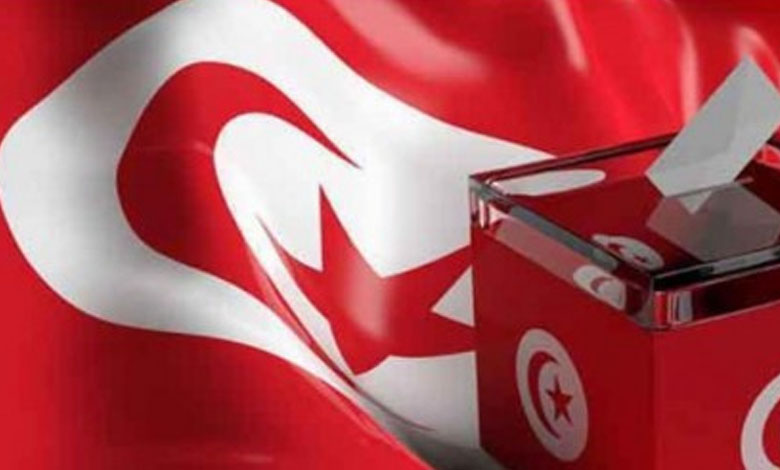What will happen to Tunisia’s political parties after the elections?

The Muslim Brotherhood terrorist group has been living through the worst days of an extremist march that approached 100 years ago. The group suffers in all Arab countries, and its members now live in the diaspora in Western countries, after the group’s alienation from all Arab countries, most recently Tunisia.
After a black decade, the Tunisian people, along with President Kais Saied, excluded the Ennahdha party, the political arm of the terrorist Muslim Brotherhood, from the political scene in Tunisia. What will happen to the political parties in Tunisia after the December 17 elections? A question has been asked in political circles.
Tunisian Parliament without Brotherhood
Despite the gloomy outlook for the future of the political process and the activity of the new parliament promoted by opposition parties led by the Ennahdha Muslim Brotherhood, supporters of the president believe that the parliament will influence the political balances with the president, pass bills, and monitor and withdraw confidence in the government.
According to the latest official statistics, there are 228 parties, most of which are unknown and whose activities did not exceed signing the founding documents. Some of them were unable to form popular support, with the exception of a few parties, which were subsequently lost in a number of accumulations over the past 10 years.
A climate of mistrust
For the past 10 years, Ennahdha, which led the country, has contributed to building a climate of mistrust between itself and its constituencies by not living up to its campaign promises, building counter-alliances, and pandering to political interests and positions.
The movement awaits its fate following a list of charges the judiciary has opened against it. The most serious of these charges include involvement in terrorist operations, political assassinations, youth travel to trouble spots, and foreign funding, which is criminalized under the electoral law.
Of the 67 candidates who submitted their candidacies, only 13 candidates who declared their affiliation to political parties won seats, representing 8.44% of the total. One candidate won a seat since the first round, while 12 candidates won seats in the second round, out of 22 candidates who managed to pass through this round.
The new electoral law sets the total number of seats in the Assembly of Representatives of the People at 161 seats, or an average of one deputy per constituency. It also stipulates that voting in legislative elections should be for individuals in one or two terms, as necessary, in lieu of the previously approved list voting system.
The survival of Ennahdha and its political party is threatened by the fact that Tunisian President Kais Saied retains an overwhelming popularity, according to the latest results of opinion polls conducted by Sigma Conseil, where Saied topped the country’s lists with a 49.9% majority, followed by political activist Safi Said with 10.3%.
Heavy-weight files
Tunisian political researcher Hazem El Kassoui says that Ennahdha is involved in heavy—weight files linked to terrorism and assassinations.
He added that today, 10 years after the assassination of the leader and Professor Chokri Belaid, the truth has not yet been revealed, and there has not been a referral of the masterminds of the assassination, because the Brotherhood tried in every way to execute criminal evidence to cover up the perpetrators.
“Today, more than ever, we need to form a judicial body in accordance with the 2022 Constitution to investigate the crimes of the Muslim Brotherhood and hold them accountable in accordance with the law, especially as we are on a course of corrective action that requires resolution, truth-telling and the political isolation of the Brotherhood to prove their involvement in attacks on the state, institutions and individuals”, he said.
He added that accountability according to corrective justice is at the heart of the principles entrusted to the people, and the president is more than ever called for the dissolution of the exceptional Brotherhood revenge circles that have thrown the men of the national state in random trials to cover up their destructive acts since the seventies until today, stressing that the space of the Brotherhood and its remnants ended in Tunisia.












